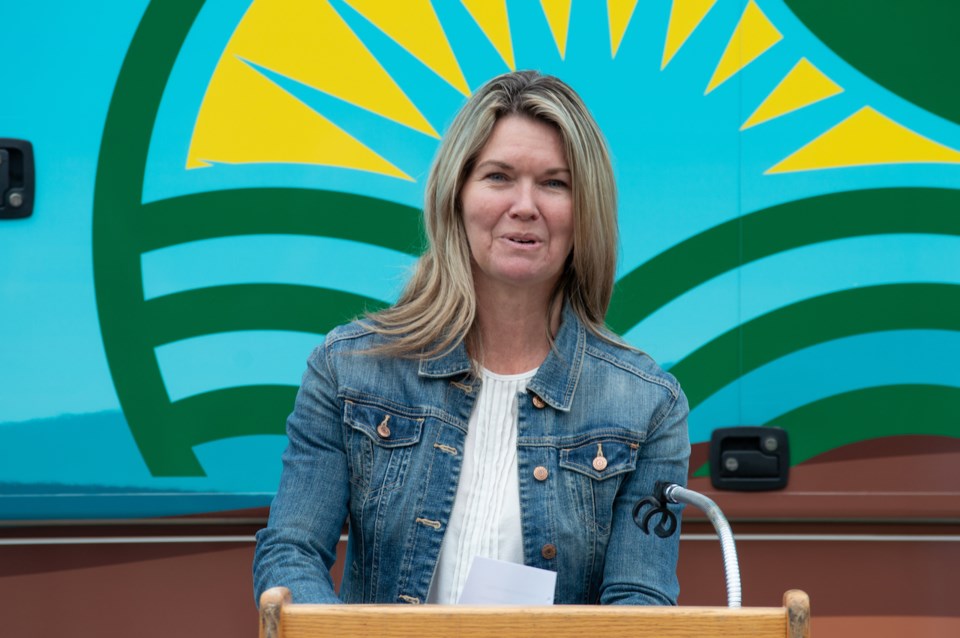On the heels of the federal government capping international student visas, Ontario is introducing its own changes. It includes pausing new partnerships between publicly funded colleges and private schools.
The Ministry of Colleges and Universities announced today that it is introducing new measures to tackle the challenges that have arisen from a recent spike in international students.
"The challenges stemming from the recent spike in students coming to Canada, including predatory practices by bad-actor recruiters, misinformation regarding citizenship and permanent residency, false promises of guaranteed employment, and inadequate housing for students, require immediate attention and collaborative action,” said Jill Dunlop, Minister of Colleges and Universities, in a news release.
“At the same time, we need to strengthen the links between Ontario’s labour market needs and the programs being offered to students so we can get even more people into rewarding careers in health care and the skilled trades.”
The changes include reviewing programs post-secondary schools offer that have a "sizeable amount" of international students, ensuring programs meet the needs of the labour market, and putting a moratorium on new public college-private partnerships until oversight mechanisms are strengthened. New measures will also be implemented to improve student outcome survey response rates and all colleges and universities must have guaranteed housing options for incoming international students.
Strengthening the oversight of the private career colleges is also part of today's announcement.
The oversight includes enhanced data management, documentation process and making sure there's a timely response to concerns and complaints.
On Monday, Federal Immigration Minister Marc Miller announced a cap on the number of international students that can get visas and changed the rules concerning post-graduation work permits (PGWP) — students who begin study through public-private college partnership programs as of September will not be eligible.
The cap — 360,000 approvals for 2024, divvied up between provinces on the basis of population — will result in a 50 per cent decrease in permits in Ontario, which accepts by far the most international students, compared to 35 per cent overall. Current permit holders and those seeking master’s and doctoral degrees will not be included in the cap.
Ontario says it will work with the federal government and other partners to "further crack down on bad-actor recruiters who take advantage of international students and make dubious claims of employment and citizenship."
Kevin Weaver, president and CEO of Georgian College, said earlier this week he is disappointed with Immigration Minister Marc Miller's announcement of a two-year cap on international student admissions.
"As president, I am disappointed that the government has introduced these policy changes, clearly without consultation to understand the far-reaching and damaging impacts that will follow," he said in a statement released by the college.
"At Georgian, we are concerned about what the cap will mean for students, local employers and our communities. Governments must work together and meaningfully consult with public colleges and students to ensure the implementation of the new measures does not have unintended negative consequences."
Dikshant Thukral, president of the Georgian College Students’ Association at the Barrie campus, is from India and is enrolled in a computer programming and analysis course.
"As I have seen a number of international students, I can speak about them, that they have dreams of coming abroad, and they love to come to Canada to study here and make a successful career," he said.
"By doing this cap, I think a lot of students will be disappointed as they cannot pursue a great career over here. The government has to do it because there is a lot of challenges faced by students here, but I don't think it's a great decision to remove it by 50 per cent."
- With files from The Trillium
